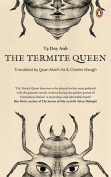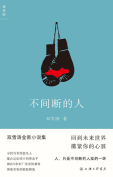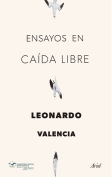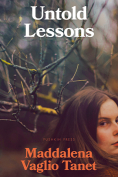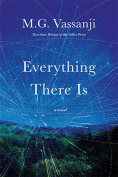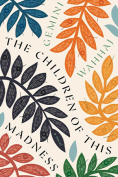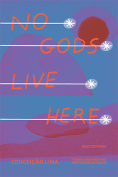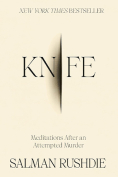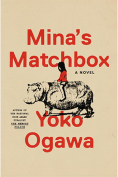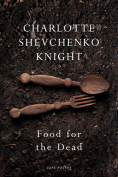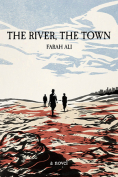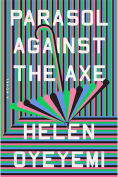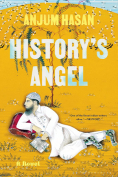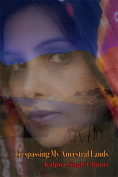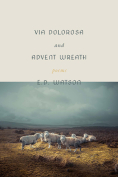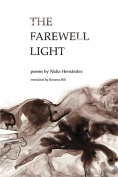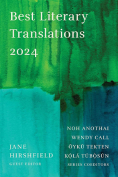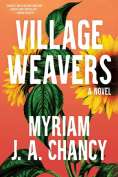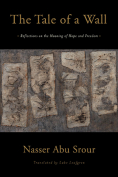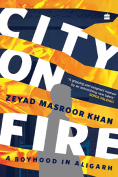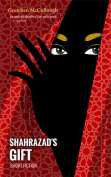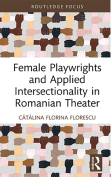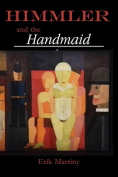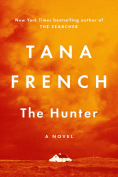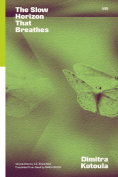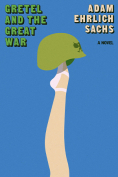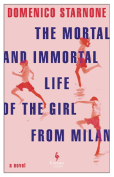Via Dolorosa and Advent Wreath by E. D. Watson
 Pittsburg, Kansas. Pittsburg State University. 2024. 48 pages.
Pittsburg, Kansas. Pittsburg State University. 2024. 48 pages.
I first learned of E. D. Watson’s powerful work one dizzying day before writing this review. Prowling social media for something of sustenance, I came across these arresting lines from a widely shared new poem by Watson:
where bombs are falling, snipers drop
poets
and doctors in the streets. We watch it all
unfolding between our thumbs, and is it
doomscrolling or truthporn or bearing
witness
and are we Romans, watching and
screaming
as the arena fills up with blood?
This devastating poem, titled “My Phone Is Full of Cute Cats and Dead Children,” is about a starving boy in Gaza collecting leaves to eat, and it challenges the reader not to look away.
Another pitiable poem of Watson’s I found online, “Boy,” features a twelve-year-old Palestinian who had walked twelve kilometers and gotten lost on the road to an airdrop: “he doesn’t cry. / Dust in his hair turns it gray. / ‘I don’t know how to get back,’ he says / and child neither do I.” At once, I understood I needed to deepen my engagement with this poet.
Via Dolorosa and Advent Wreath, winner of the 2023 Cow Creek Chapbook Prize, is a chokehold of a book. In verse that is natural and unforced, like polished conversation, it presents itself as a semicommitted pilgrimage to Jerusalem and the West Bank, made in 2018, by a pilgrim who was not sure if they believed. The slender volume opens with a disoriented yawn and closes with ecstatic surrender. “What you seek is seeking you,” writes mystic poet Rumi, and throughout the spiritual journey that Watson takes us on, in the Holy Land, we experience her awakening to the complicated politics of the region and the Divine.
In the opening poem of the collection, “Condemned,” the poet declares her intention: “Lord we have come / in search of a fault-line, in search of a shift.” But plagued by longing and “stinking of hope,” Watson seems out of place and riddled with doubts, of her own worthiness and chances of salvation, until the astonishing third poem, “Knees + Stone,” in which she is summoned. It is the first time she has ever heard the adhan, the Islamic call to prayer, and it takes her breath away:
How does one fly without wings?
Suddenly I can.
Somewhere, a man in a minaret
lifts me into the violet
with a voice mixed of blood and honey
and sand, a voice like a banner in the
wind.
The guide says people sometimes fall
in love with the men who sing the call
I was fasting for the month of Ramadan when I read these sweet lines, with their inbuilt music, and it felt like a spirit of calm descended upon me, such that I had to stop and catch my own breath.
From this point onward, I sensed a shift and began reading these poems as prayers, a kind of Lectio Divina, or divine reading. Only, instead of being intimately immersed in scripture, it is the embodied sanctity of others that is the text. The following poem, “Weeping Woman,” blurs the line between political and spiritual, as the title character grieves for her gunned-down child, whom she watches bleed to death.
What is remarkable, here, is how we sense the sympathies of Watson deepen, to imagine the unimaginable loss of possibilities, “a thumbprint of light.” The tone is, now, urgent, authentic, implicated. I could quote the next poem, “Simon the Cyrene,” in its entirety, but will suffice with these opening lines:
There are pickpockets here, says our
guide,
veiled men with hands quick as crickets,
mouths like quarries, eyes like knives—
It takes a thief to know one, to know the
lure
of easy money—who among us
has not robbed God, who has not
withheld their coins or wheat
from the altar?
As well as this stanza toward the end: “A street vendor offers me juice, / the blood of my home, he says, fresh pressed / by Israeli bulldozers, Israeli tanks, Israeli boots— / taste the years in it, then tell me to care less.”
Watson is no longer a sightseeing tourist; at this point, she is a witness testifying, telling the life-and-death stories she has been entrusted with by the long-suffering Palestinian people and, yes, the United States’ complicity in this genocide. In another poem, “Hope,” a seller confides in her his shrewd understanding of the state of affairs and full trust in the Creator:
the once-oppressed have become
oppressors, men who first beheld
the Beloved and were undone,
ears that heard prophets speak, sons
who left their fathers’ fields to ravens,
arms that dropped their scrolls for
guns—
we trust that Allah sees everything.
Yet the poet continues to battle with her secret sin, questioning her sense of belonging and deservingness to receive these dark gifts. To atone and try to be of some small use, in the middle of a bustling marketplace, she drops to her knees in one poem, “Judgement Gate,” to rescue a caterpillar. Or, as she puts it, “[i]t was God, / tiny and green, impossibly fragile.”
Battering herself as penance, the reluctant pilgrim learns to bow in stages, confessing in one poem, “Stripped”:
Why am I trying so hard?
I cannot do what I’m meant to do
unless You do it for me,
nor get free unless someone destroys You.
What if all this horror is meant to
conceal the most beautiful things
This admission of helplessness, another stage in the stirrings of faith. Yet another is found in “Surrender”: “Learn to sit / until the devil himself / is tame enough / to eat from your hand.”
As I write these words, Ramadan overlaps with Lent, and I can see how these prayer-poems might serve as occasions for meditation, for people of all faiths, struggling toward something Higher to help them cope with the grief and heartache of this moment.
When Watson next hears the call to prayer, at “Daybreak,” she comes undone in sensual phrasing not unlike that of Sufi poets or saints of other traditions: “I’m in love, pleading / for You to enter me, breathing / my desire into the blue folds /of Your cloak, begging you to touch me; / Your song makes me bold.”
Books, like people, have their intricate and inscrutable destinies. Even though Via Dolorosa was composed five years ago, the author learned she’d won the prize for that collection on October 3, 2023, and, only a few days later, the dreadful events of October 7 happened. Given the innate modesty of the poet, this vital book did not receive the attention it deserved. Obviously, Palestinian voices on the ground and around the world are invaluable at this historical moment. But that does not in any way lessen the raw power this collection exerts—especially since it was written by an “outsider” who did not know how or what to feel.
There is a liberating thought on almost every page of this deceptively slight volume, and although it is not overtly political or religious, it is humble about the real good that it carries. One of the values of Watson’s poetry of longing is how it quietly underscores that there can be no understanding of mere politics without recognizing our larger spiritual allegiances to one another. In this sense, the poet’s notepad is a prescription pad. By making her literary pilgrimage with an open heart and blank slate, Watson was able to return transformed by truths, small and large, that might reach others who still don’t know what to think or feel about the great moral crises that we are living. (N.B. 100 percent of author proceeds from this book go to nonprofits working to being relief in Gaza.)
Yahia Lababidi
Fort Lauderdale

